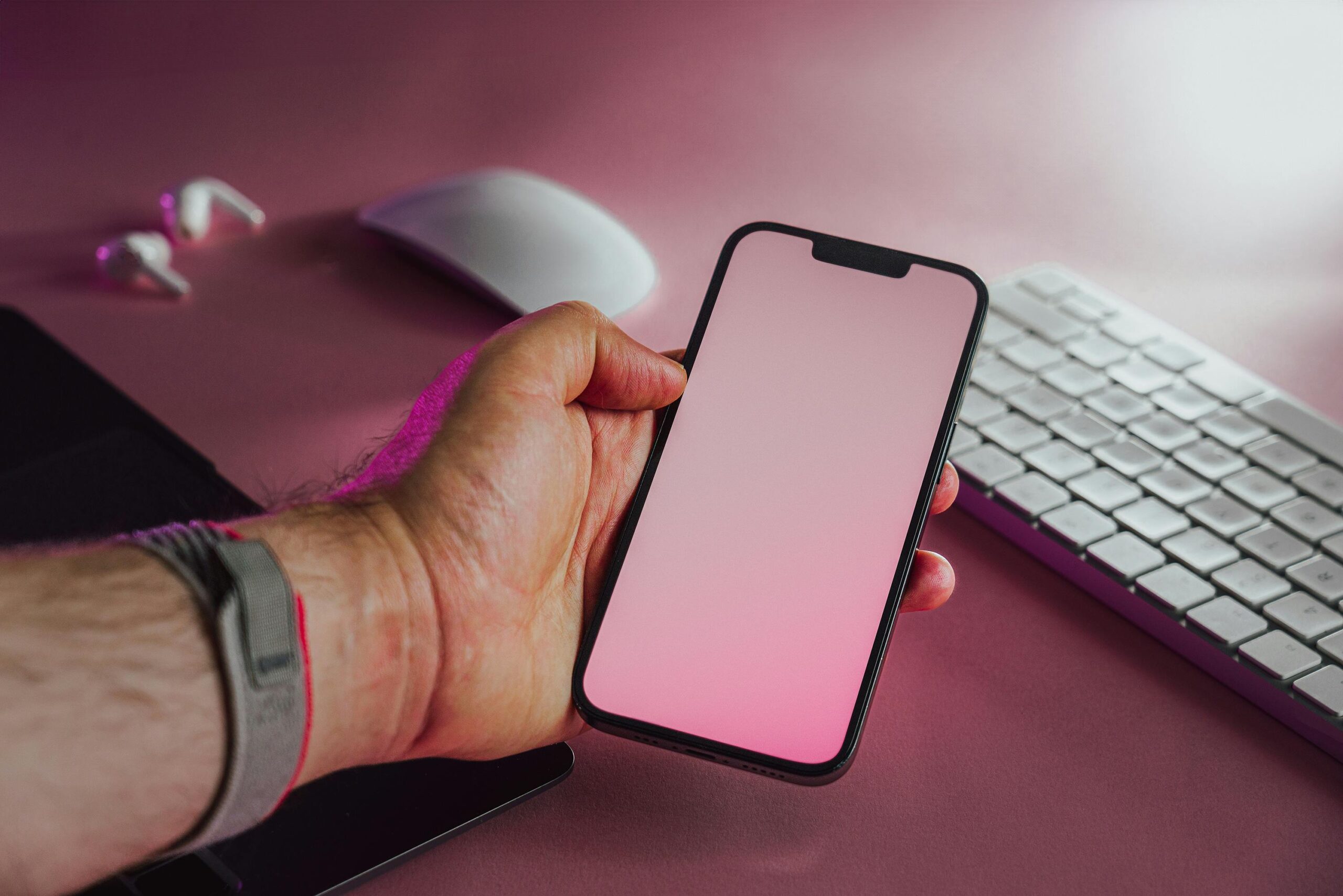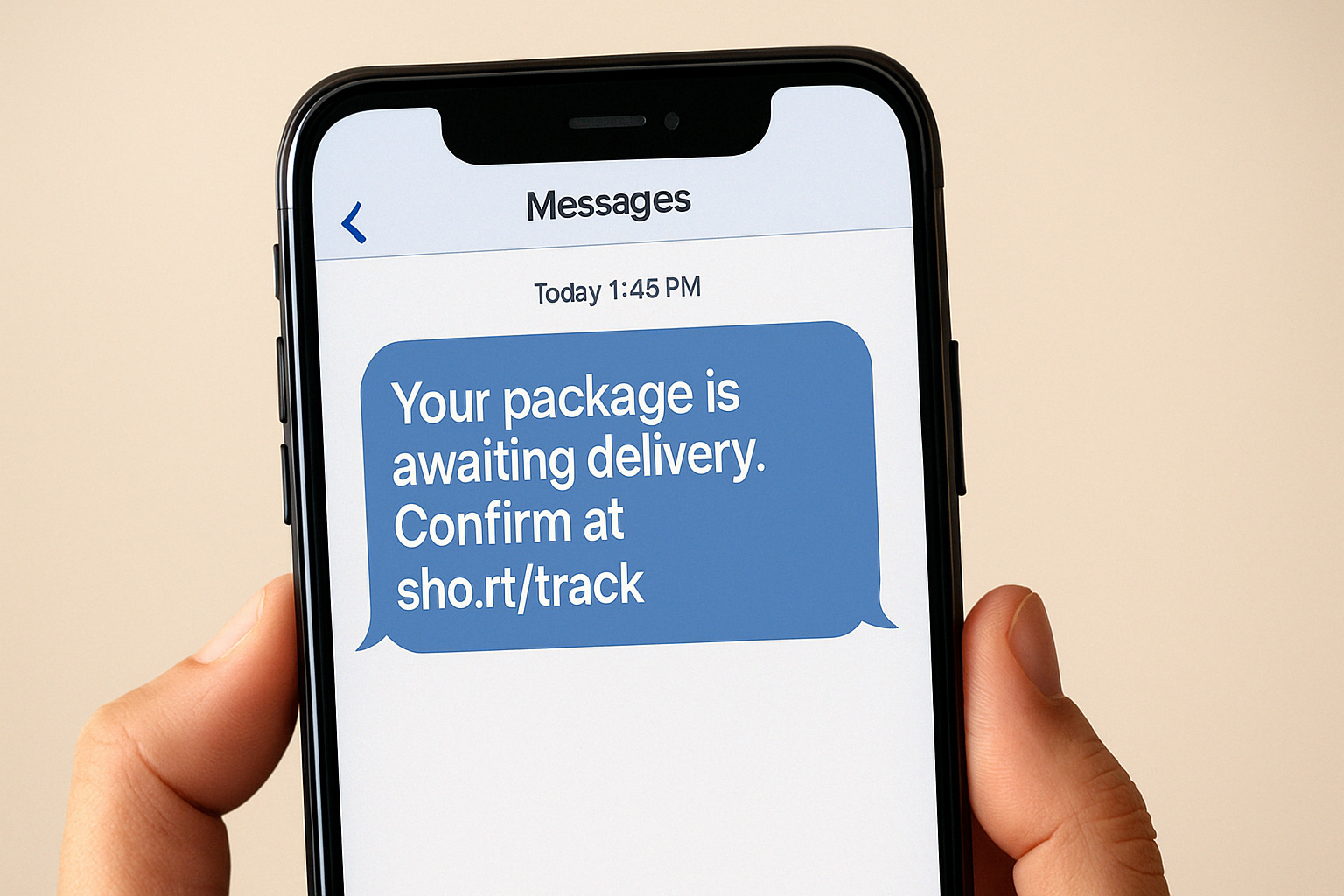By Martin O’Connell – Investigative Technology Reporter
Your Digital Life, Cheaper Than You Think
Imagine walking into a café, placing a cup of coffee on the counter, and realizing that the £2.50 you just spent could have bought a criminal your entire online identity.
It sounds absurd, but on underground markets across the dark web, that’s the going rate for stolen email addresses, Netflix logins, and even online banking credentials. For just a few coins, hackers can sell access to your private life — and the buyers are lining up.
Experts warn that millions of Britons are already on these lists, their personal information circulating silently among cybercriminals.

Why Are Logins So Cheap?
The answer is simple: volume. Criminals don’t need to make £1,000 per victim — when they can make pennies from millions.
“Data breaches happen daily, leaking billions of usernames and passwords,” explains Dr. Helen Watts, a cybersecurity lecturer at King’s College London. “For criminals, it’s an economy of scale. A stolen login is worth less than a sandwich because they have millions to sell.”
The true value for hackers isn’t the initial sale — it’s what the buyers do next:
- Use Netflix or Spotify accounts for free.
- Hijack PayPal logins for fraudulent purchases.
- Reset linked accounts to dig deeper into victims’ lives.
Don’t Let Criminals Trade Your Identity
Your private logins could already be on the dark web. Protect yourself before strangers get inside your accounts.
Call Now for Free Expert Help: (855) 247-9875The Victims Who Never Saw It Coming
When 66-year-old Brian from Nottingham noticed his Amazon account had several mysterious purchases, he assumed his password had been guessed. In reality, his login had been sold online for £3.20 to a fraudster in another country.
“I couldn’t believe it,” Brian said. “My details were worth less than a pint. Yet the thief used them to drain hundreds from my bank-linked card.”
Brian is not alone. Consumer watchdogs say cases of “account takeover fraud” — where criminals log in with stolen details — surged 220% last year.

How Hackers Get Your Details
Hackers don’t have to break into your personal computer — they let companies do the hard work for them.
- Data Breaches: When a retailer or bank is hacked, millions of accounts are leaked.
- Phishing Emails: Fake messages trick you into handing over credentials.
- Password Reuse: If you use the same password across accounts, one leak exposes everything.
Once stolen, these logins are bundled into “combo lists” and sold on black markets. Buyers then test them on thousands of sites, looking for matches.
Stop Hackers Before They Try Your Passwords
Don’t wait until you notice strange purchases or locked accounts. Get expert help now to secure your logins and protect your savings.
Speak to a Security Specialist: (855) 247-9875Why Older Adults Are Prime Targets
Hackers know older users often:
- Reuse the same password across sites.
- Store details on paper or in browsers.
- Aren’t always alerted when accounts are breached.
This makes retirees one of the most vulnerable groups in Britain’s ongoing cybercrime wave.

How to Protect Yourself Today
Experts recommend three steps that can drastically reduce your risk:
- Use a Password Manager – It generates unique, secure passwords for every account.
- Enable Two-Factor Authentication (2FA) – A login is useless without the second code.
- Monitor for Leaks – Services and experts can tell you if your data is already on the dark web.
“Your digital identity is just as valuable as your money,” warns Detective Inspector Paul Harris of the National Crime Agency. “Once criminals have your logins, they can impersonate you anywhere.”
Protect Your Digital Identity Before It’s Too Late
Hackers are selling stolen logins right now. Don’t risk being their next victim — call today for free protection advice.
Call Now — Free Consultation: (855) 247-9875Closing Note
The frightening truth is that your digital life could be available for less than the price of your morning coffee. Criminals don’t need much to wreak havoc — but you can stop them in their tracks.
☎️ Protect yourself now. Call (855) 247-9875 for immediate, free cybersecurity guidance.


